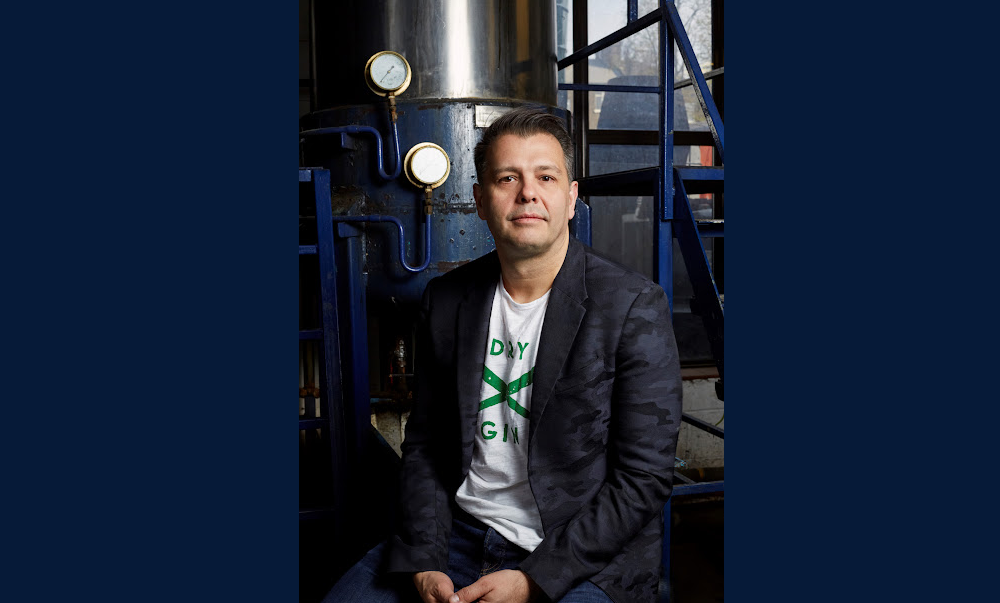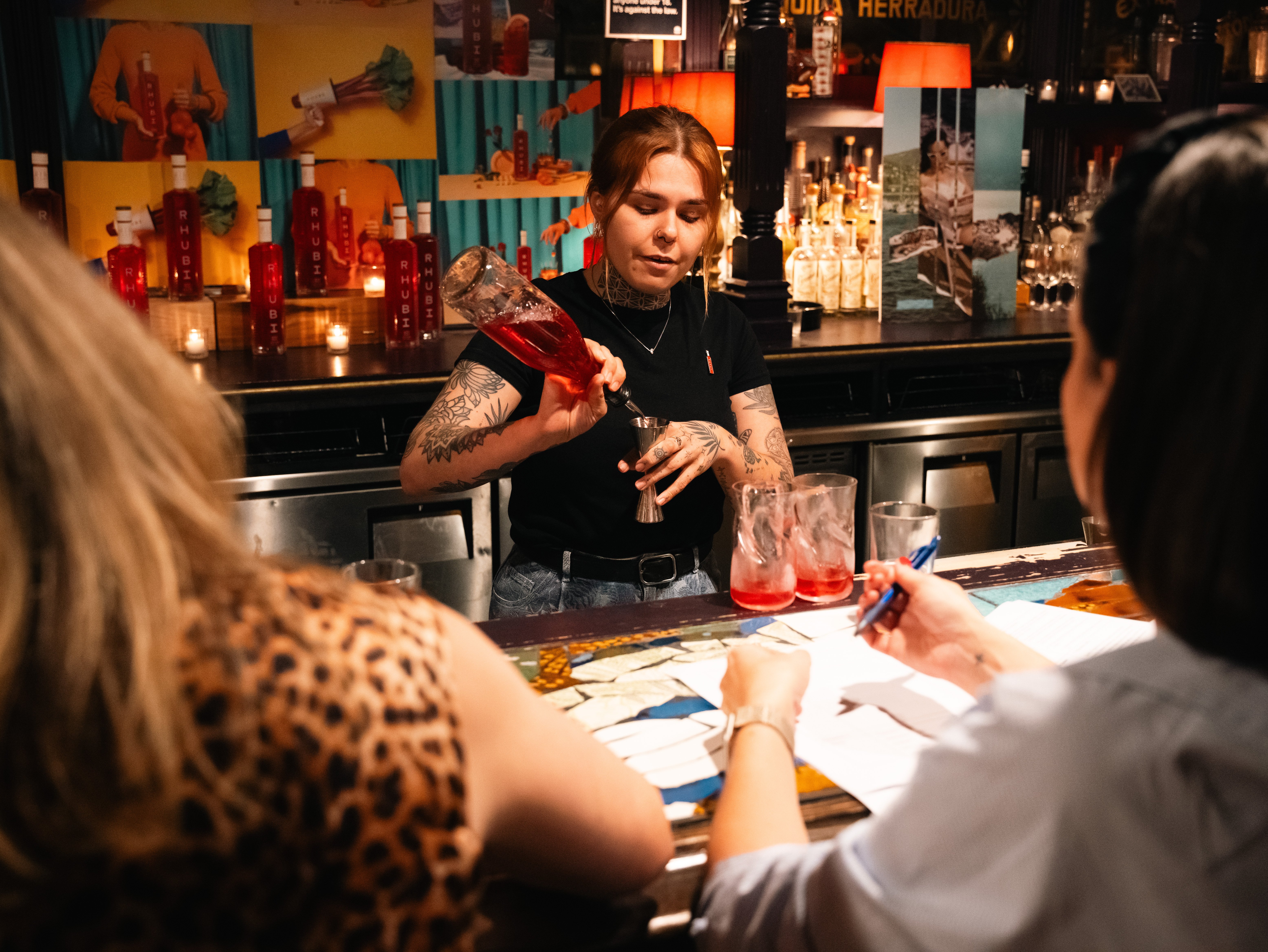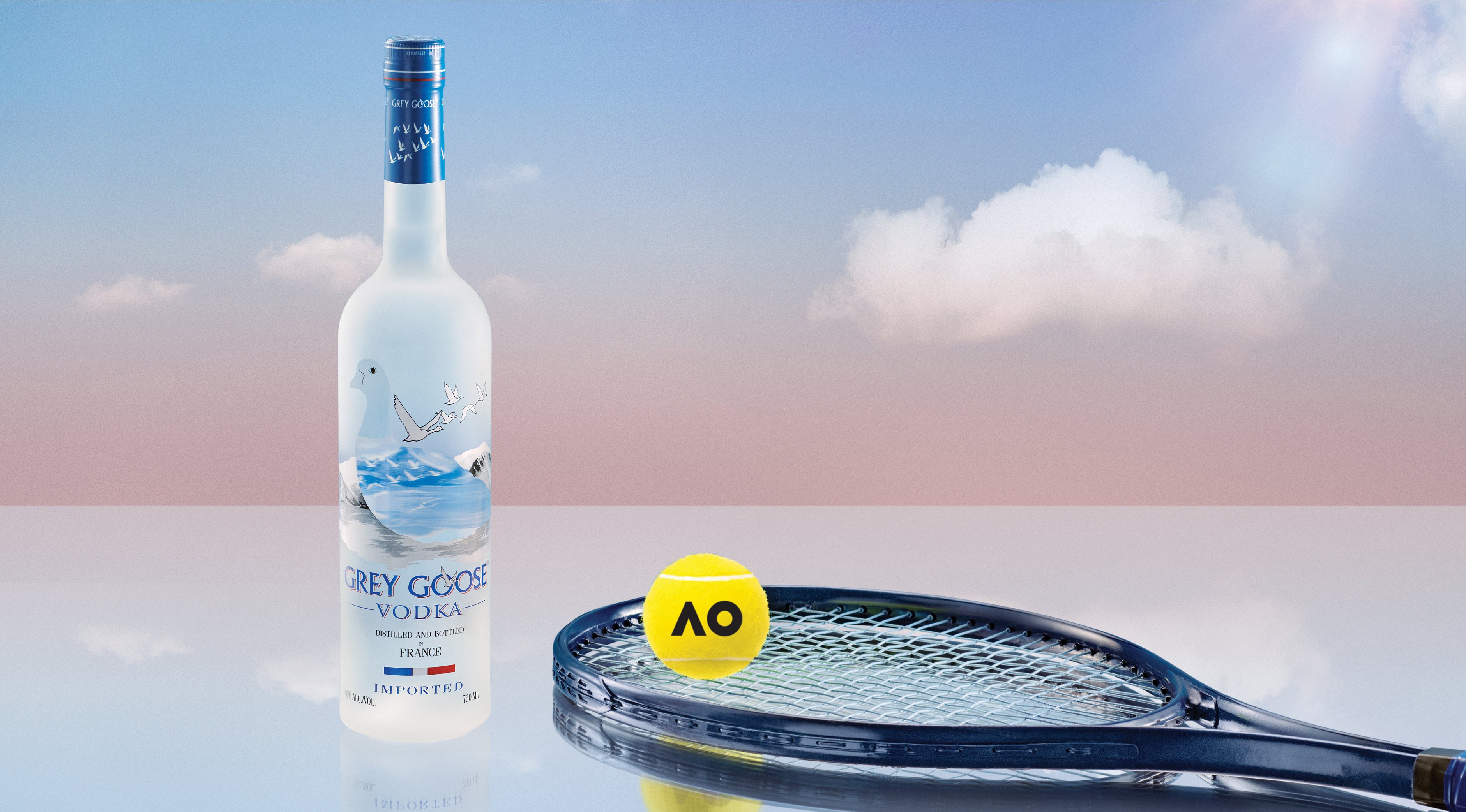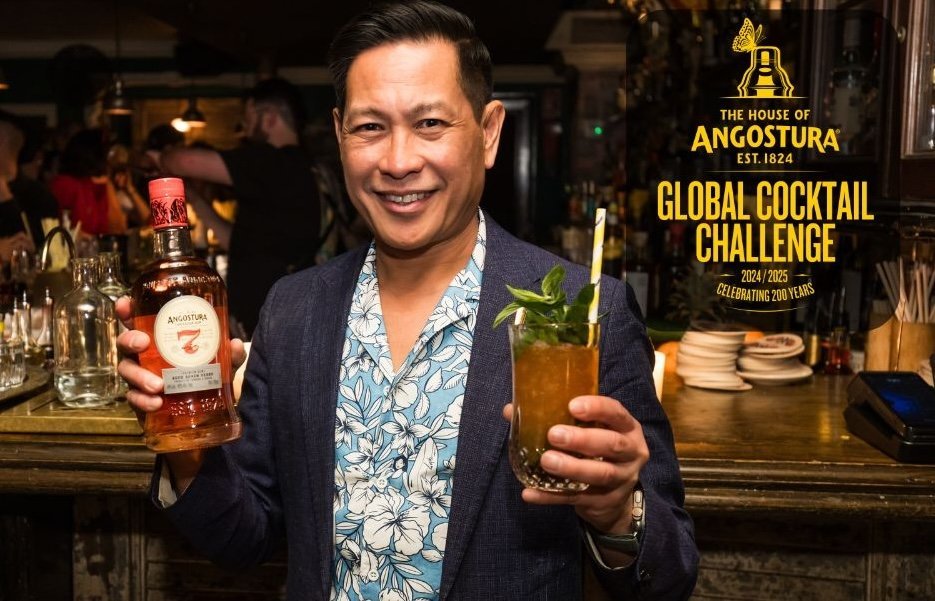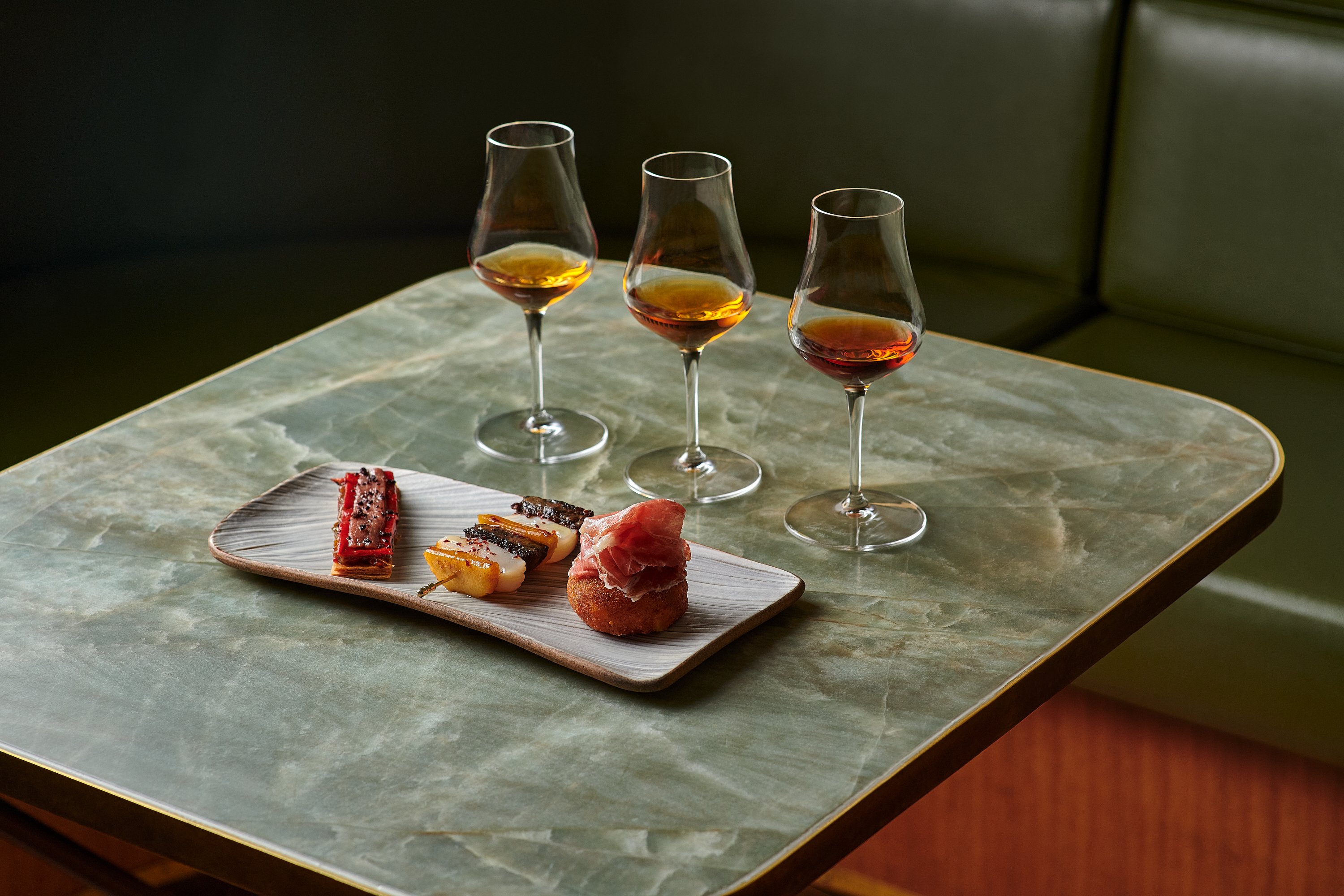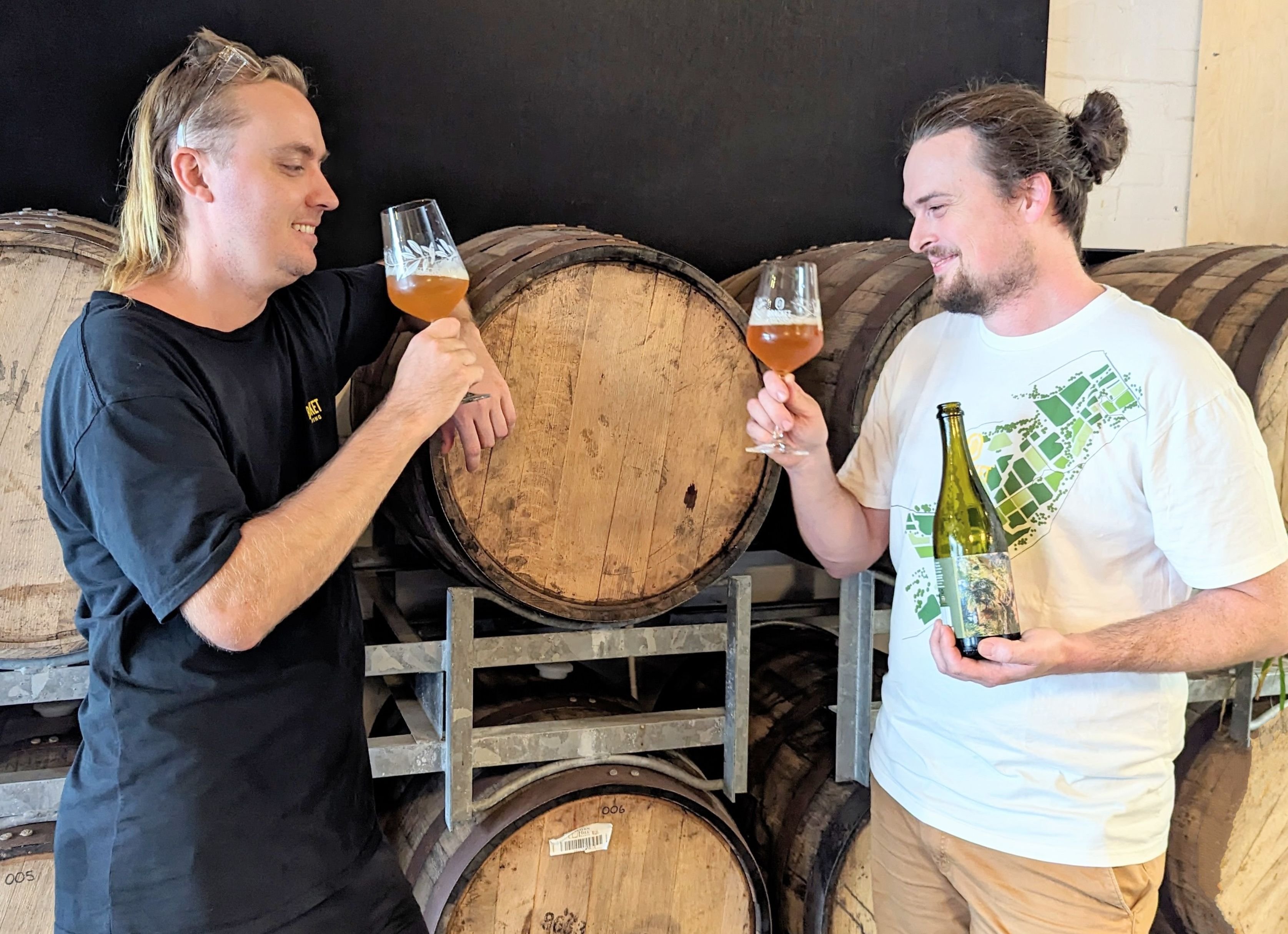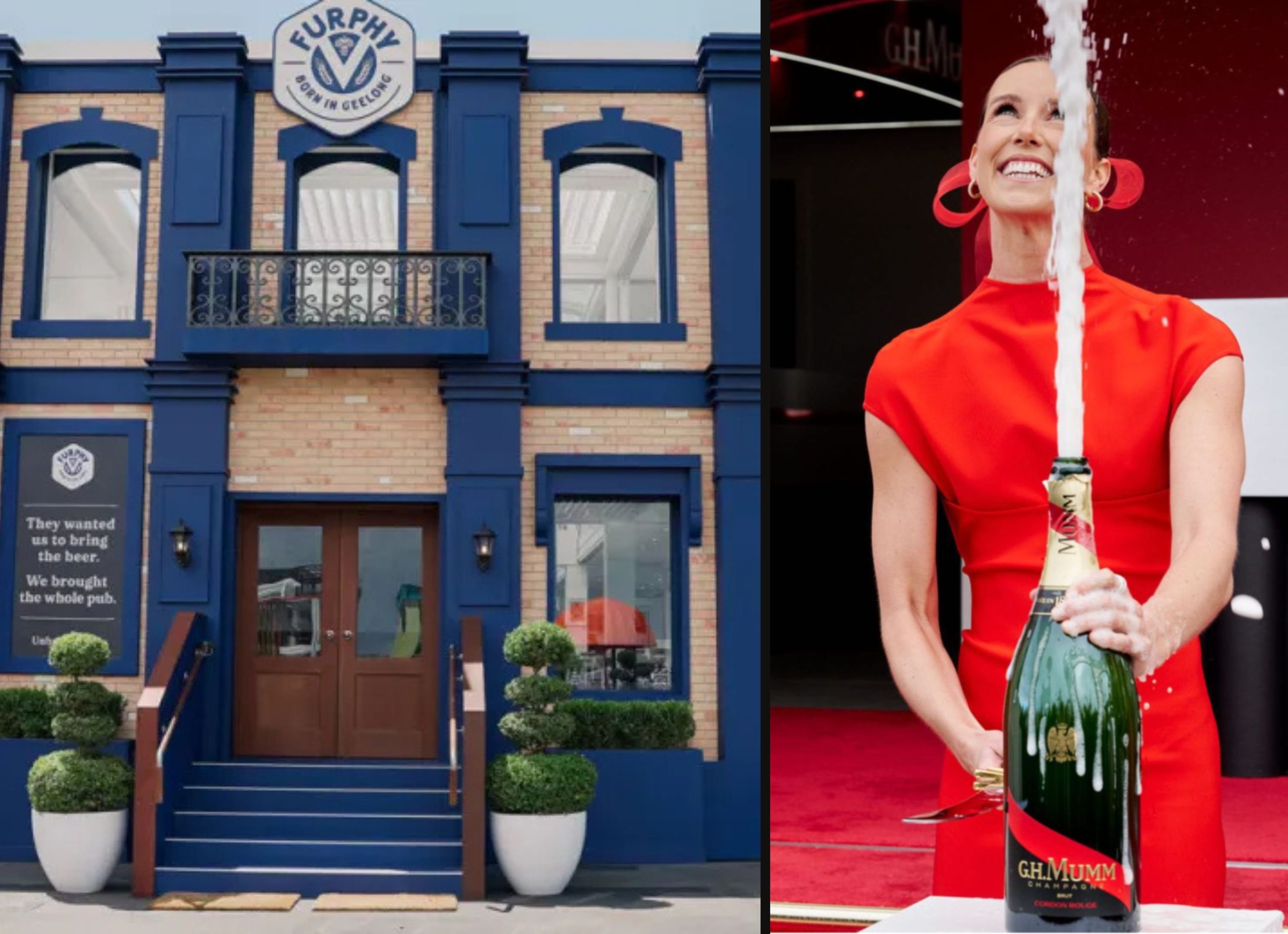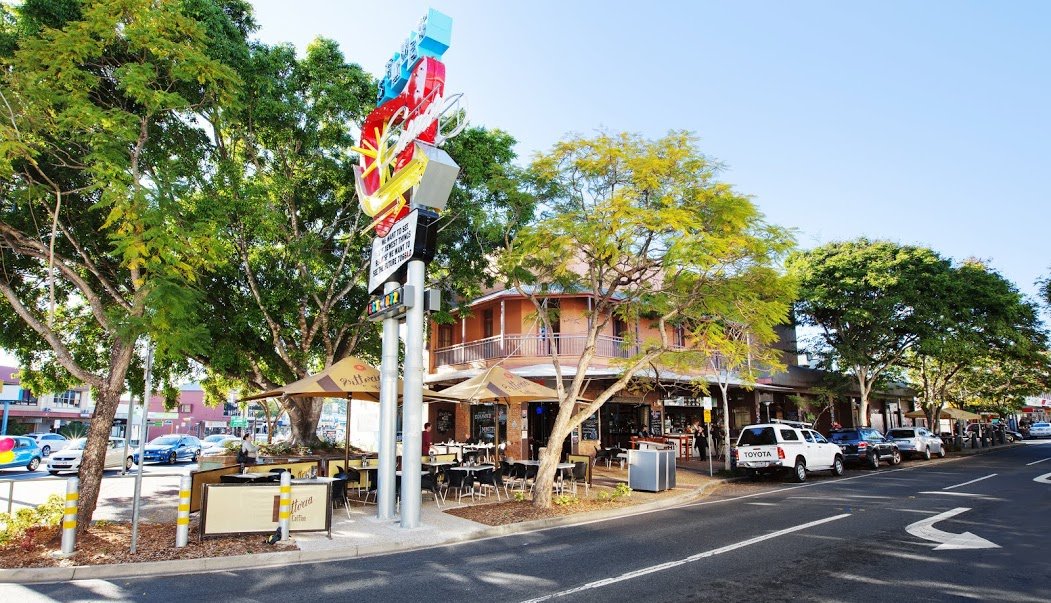Not long ago, Simon Ford found himself pondering the world of gin and asking: Is there a gin out there, somewhere in the world, versatile enough that it can be used in any gin cocktail? Is there a reason that gin, a category of spirits almost exclusively used in mixed drinks, isn't created with mixing in mind?
These questions became an obsession, and that obsession became a business model. Today, these questions have an answer: Ford Gin. A gin reverse engineered from the cocktail backwards, one that has fast become a go-to for amateur and professional mixologists worldwide.
While the idea might seem simple, the execution was anything but. Gin cocktails vary greatly and hail from all corners of the globe, and so the task of creating a truly versatile gin was nothing short of monumental. It took his small team of cocktail and industry royalty at The 86 Co —a spirits company he cofounded—more than 83 attempts to crack the code, and today that same blend of nine botanicals has earnt its reputation as the cocktail gin.
“I think that Fords was one of the first gins to take the feedback of the bartender community fully, we weren’t paying lip service, we were listening and responding to the feedback and adjusting and tweaking our gin recipe and bottle design accordingly. I know other products have solicited feedback from the bartender community, but I think we were the first to fully embrace all of the knowledgeable observations
and suggestions we heard and to actually implement that into our final product,” said Simon Ford.
While not a solo venture, the company’s namesake Simon Ford played a key role in the gin’s development right through from conception and philosophy to botanicals used and bottle design. A leading voice of the bar and cocktail scene for more than 20 years, Ford has travelled the globe working with and learning from some of the best brands, bars, and professionals on the planet. His experience ranges from judging global cocktail competitions to delivering seminars at prestigious conferences including the NY Food & Wine Festival and the Sydney Bar Show, and he has been profiled by publications such as The New York Times, Forbes, and The Wall Street Journal.
For Fords Gin, Ford paired up with 11th generation distiller Charles Maxwell, whose family first started making gin in London in the 17th century. Whether it’s genetics or just good mentorship, Maxwell has consistently produced award-winning gins over the years and was the first inductee to the Gin Magazine Hall of Fame.
Master distiller at, and founder of, the contract distillery Thames Distillers, Maxwell and Ford entered into a partnership that seemed destined for the success that soon followed.
Since first release in 2012, Fords Gin has gained an impressive suite of accolades including Best Gin at the 2015 Paris awards, a gold medal at the 2016 The Gin Masters awards, and 97 points at the 2019 Ultimate Spirits Challenge. This popularity resulted in substantial growth for the company, and as of 2019, they now form part of the prestigious Brown-Forman portfolio.
A judges quote from the Ultimate Spirits Challenge for Best London Dry Gin in 2019 read: ““A classic take on a London Dry formula, the symphony of beautifully composed botanicals is led by juniper hand-in-hand with coriander, grapefruit tang corrals a sweet almond-y softness in this that gin that makes it an excellent choice for dry martinis”.
The main reason Fords Gin has been so successful is that it has added dependability to an often-sporadic industry sector. While gin has expanded in every which way with unique fruit flavours and botanical profiles, little has been done to make the spirit more accessible and usable for the bartenders themselves, with just about every gin on the market begging for a different cocktail recipe to shine.
What Fords brings to the table is simplicity and consistency: there’s no more bumbling about the bar trying to decide which bottle would best match which cocktail, nor is there any second guessing the base ingredient and wondering if it was an incorrect choice. Fords Gin is a head-ache solver, a no-nonsense, reliable friend to mixologists worldwide.
If the 82 out-takes didn’t already bring your attention to the fact, a lot of work went into making this the ultimate bartender’s gin. What’s most interesting about the process is that the team worked backwards, beginning with an analysis of the role each botanical plays in the various gin-based cocktails. From this came a preliminary recipe that was then systematically developed into the product on sale today.
Fords’ London Dry Gin was designed both for and around cocktails, such as the Negroni, Martini, Gimlet, Pegu Club, Bee’s Knees, Gin & Tonic, Bramble, and the Singapore Sling. Embodying their philosophy of making life easier for bartenders, the bottle itself has measurements embossed into the back for mixing on the fly. The front label features passport stamps corresponding to each of the approved cocktails listed above, a great selling point that helps explains just why such a gin hasn’t been crafted before. Even though the spirit itself has a common history, the cocktails hail from all corners of the globe.
As one might expect with Charles Maxwell behind the stills, Fords is a traditionally crafted London Dry style gin made just a few kilometres away from Buckingham Palace. The nine botanicals are steeped in stills for 15 hours to focus flavours and release oils prior to distillation, a process that provides Fords with its signature weight and viscosity. The gin is then distilled for five hours in copper stills before being shipped to Newbridge, Scotland, where it is cut to 45 per cent abv with pure spring water.
Botanicals are sourced through Joseph Flach & Sons Ltd, and include juniper berries, coriander seed, lemon peel, orange peel, jasmine, angelica root, grapefruit peel, orris root and cassia bark.
Fords London Dry Gin retails for $68.99 and is an essential feature for every back bar and home liquor cabinet.
Share the content
